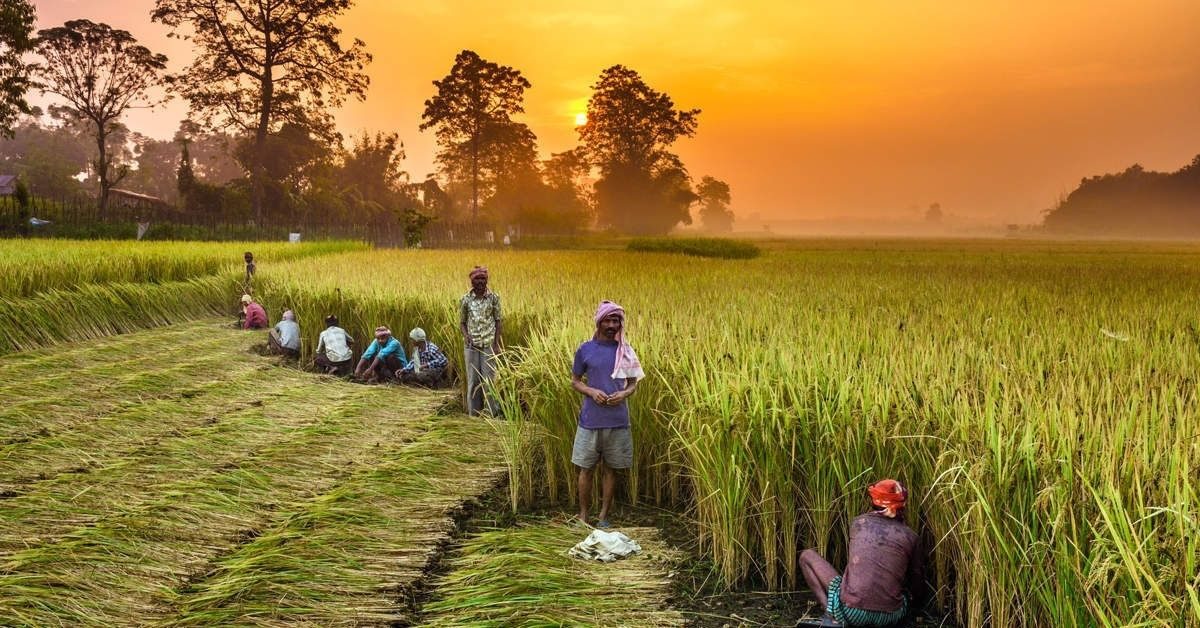Barely six months after Sri Lanka’s overnight flip to complete organic cultivation and ban on chemical fertiliser imports, several stumbling blocks have pushed the island nation to finally junk the policy.
Over the last few days, the Sri Lankan government has distributed a consignment of 3.1 million litres of nano urea fertiliser, which it imported from the Indian Farmers Fertiliser Cooperative (IFFCO) in India, to farmers across Ampara, Anuradhapura and Polonnaruwa for paddy cultivation.
The total nano urea consignment from IFFCO is estimated to be around one million bottles.
According to local media reports, the country is also importing 30,000 tonnes of potassium chloride from Lithuania and is in the process of shipping more ammonium sulphate from India.
The move came months after President Gotabaya Rajapaksa’s government banned the import of all chemical agricultural inputs such as fertilisers and pesticides in a bid to achieve complete organic farming.
Concerns that pushed the government
The Sri Lankan government was faced with widespread protests and anger in farmland districts of the country over lack of time and availability of organic fertilisers for the farmers to make the shift to complete organic farming.
There were also concerns over drop in production of many export crops such as tea and rubber since they depend on heavy use of chemical input for cultivation. The highest dependency is in paddy at 94 per cent, followed by tea and rubber at 89 per cent each.
The tea bushes are a very chemically intensive crop as they need constant application of fertiliser at least two-three times a year.
The tea export revenue of Sri Lanka fetches a revenue of around $3 billion annually.
Initially, the Sri Lankan government tried to contain the protests by importing organic fertiliser from China as the country’s domestic organic fertiliser production is abysmal to meet its agricultural needs. However, this ended up creating a whole new crisis altogether.
As reported by ThePrint, Sri Lanka rejected 99,000 metric tonnes of organic fertiliser imported at a cost of $63 million from China’s Qingdao Seawin Biotech Group Co Ltd, after the samples were reportedly found to be “tainted” with microorganisms, pathogens, and diseases harmful to the soil, plants, and humans.
The samples were also infected with Erwinia, a notorious plant pathogen that could have caused severe post-harvest losses in crops leading to agricultural disaster for Sri Lanka.
The Sri Lankan bank then withheld the payment to China’s Qingdao Seawin Biotech. The Chinese Embassy in Sri Lanka then declared that the state-owned People’s Bank of Sri Lanka has been blacklisted.
Source: The Print







